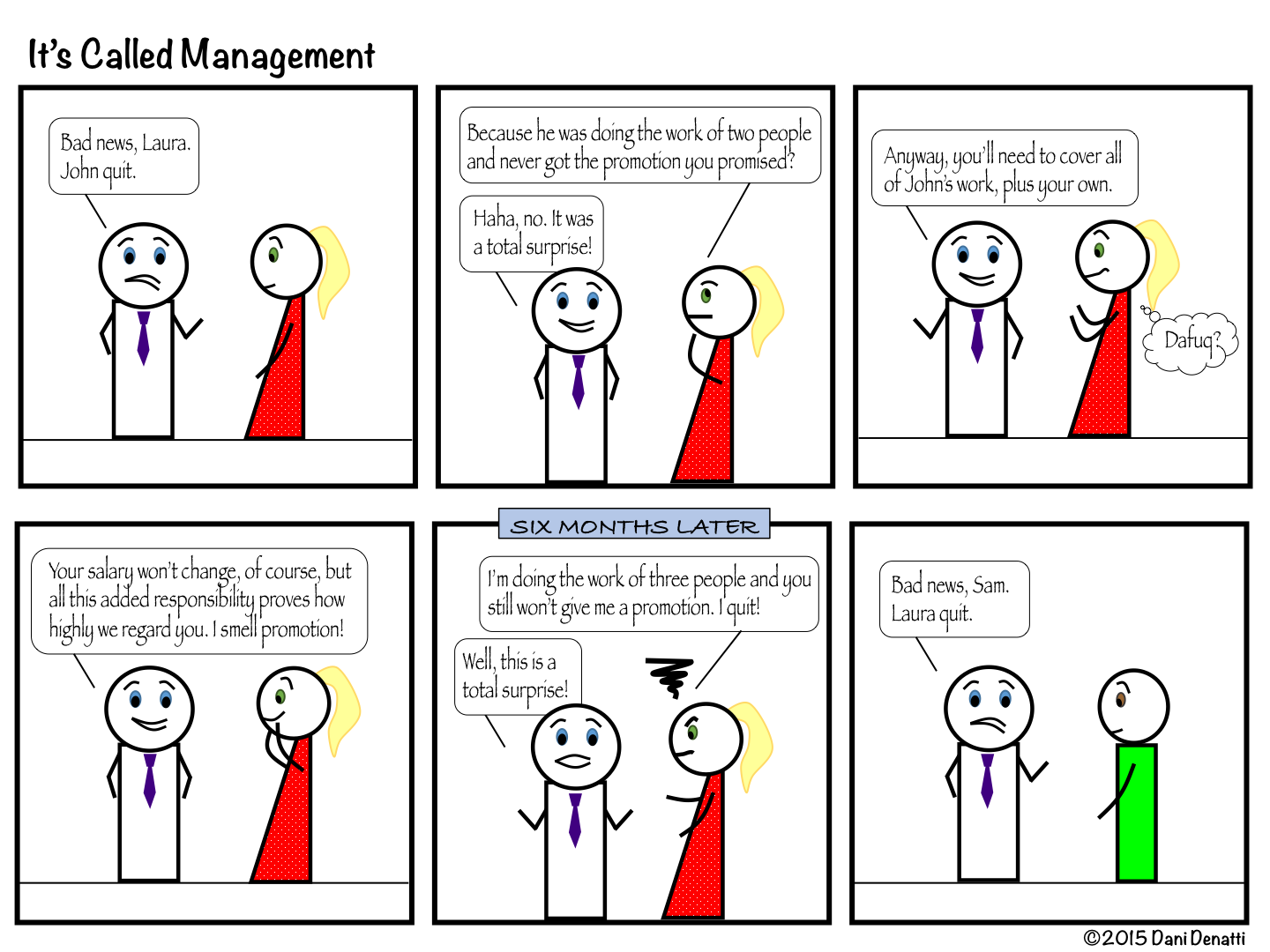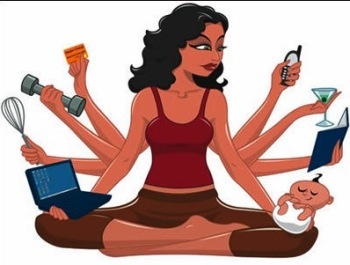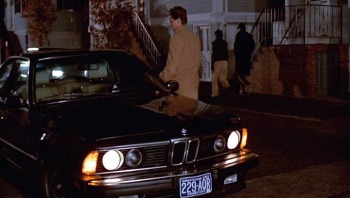Ohana Means Family
I grew up the daughter of a working-class, high-school educated, divorced mother of three. If I were being nice, I guess I'd call us lower middle class. My dad never missed a child support payment, and he even voluntarily increased the check as my sisters aged out. I know he helped my mom out financially, and yet we still lived paycheck to paycheck. Mom didn't earn much as a secretary, and what she did earn didn't last long. I love the woman, but she was terrible with money.
The funny thing about growing up poor is you don't know you're poor until the kids at school make fun of your clothes or snidely refer to your neighborhood as the barrio. I didn't feel poor, probably because I usually benefitted from Mom's irresponsible ways with money. Sure, we never had name-brand clothes or summer vacations, but Mom always found a way to spoil us on special occassions. There were elaborate baskets at Easter, ridiculously large, chocolate-fllled hearts for Valentine's Day, and Christmases where it took us the entire morning and a decent chunk of the afternoon just to open all the gifts.
Christmas was Mom's favorite — she wasn’t happy until piles of shiny packages filled all the available real estate beneath the tree, spilled out in a massive ring around it, and then stretched out to reach the wall on either side. Piles of gifts flanked the tree, the stacks soaring so high it was a wonder we weren’t all buried beneath a red and green avalanche each Christmas morning.

I’m sure Mom knew she was overdoing it, but that never stopped her. She was determined to give her kids a magical Christmas each year, even if she had to spend the next twelve months paying off Fingerhut and Swiss Colony and whoever else was greedy enough to extend her credit at revoltingly high interest rates.
It’s not hard to figure out where Mom’s annual hunger for the Most Incredible Christmas Ever originated. A ward of the state, she grew up in an orphanage and endured a string of abusive foster homes until the age of nine, when she was finally adopted by a strict German man who revered frugality above all other traits. Fun fact: Grandpa had a kitchen drawer filled with twist-ties he’d saved from every loaf of bread he’d purchased. Ever. He once yelled at me for tossing one in the garbage, and I struggled for a delicate way to say, “You’re 92 years old, and you already own seventeen-thousand twist-ties. How many more could you possibly need in your lifetime?” In the end, though, I fished the twist-tie from the trash and placated him.
Grandpa did not pass his thrifty ways on to Mom (although she did save twist-ties; I guess some habits die hard). Money poured through Mom’s hands like it was made of water. I think that being denied so much in her formative years made Mom crave the sort of instant gratification that comes from seeing something you want and just buying it. Not that she bought much for herself — she was generous to a fault and got way more pleasure from lavishing others with gifts she couldn’t afford. This practice of living beyond her meager means forced her to make several awkward calls to Grandpa or my dad throughout the years, asking for a loan so she could pay rent or get her old, broken-ass car repaired for the umpteenth time. I remember how uncomfortable those calls seemed to be … yet never uncomfortable enough to effect any long-term change in her behavior. To Mom, money was meant to be enjoyed, not saved.
Here's the thing: I’m not entirely sure her philosophy was wrong.
In August of 2002, my mom was living in Phoenix when she was diagnosed with lung cancer. The disease progressed rapidly, and the chemo soon rendered her too weak to work, or to do much of anything, really. I quit my job to help care for her, spending every other weekend with my husband back in Austin. By Christmas, she was a shadow of the gregarious, aggressively generous person I’d known all my life. She slept for much of the day, and when she was awake the cocktail of cancer drugs and painkillers she was taking left her only fleeting hours of lucidity. Still, my sisters and I were determined to give her the sort of Christmas she’d always given us. We loaded up the tree, just as Mom had taught us, with zero regard to the future. Unfortunately, this meant there wasn't enough money for my husband to fly out and join us for Christmas.
It was shortly after breaking this news to Mom that we watched the movie Lilo and Stitch. I’d seen it before, and I was eager to share and discuss the poignant sister dynamic portrayed in the movie with my own sisters. I knew Mom would sleep through it; at this point she practically lived in her recliner in the living room, but I doubted we'd disturb her. Although she was rarely alert enough to watch an entire movie with us, I think she liked having her girls near. I didn’t think she’d caught much of the show, and so I was surprised when she asked me to fetch her purse the moment it ended. I complied, and she pulled out the $200 she’d received for her birthday the previous month. Other than some loose change in a jar by her bed, that $200 represented the sum total of her life’s savings — and she thrust it into my hands with more energy than I’d seen her muster in days.
“Ohana means family,” she said, quoting the movie. “And family means no one gets left behind. Tell Markie to get his butt out here for Christmas.”
Thanks to Mom and her reckless ways with money, my husband was able to join us for the holiday that year. I wish I could say it was the Best Christmas Ever, but this is real life, not a fucking Disney movie. When Mom wasn’t sleeping in her recliner, she was fading in and out of conversations, often dropping off in mid-sentence. It was a bleak contrast to the frenzy of baking and chatting and last-minute gift-wrapping she’d normally be doing. But at least we were all together. That Christmas taught me that it was never about the mountains of gifts (or debt) for Mom — it was about making a memory that would last long after the final package was unwrapped.
Did she know that that would be our last Christmas together as a family? Did she know that she’d be gone less than a month later? Or did she just hate the thought of that money sitting there in her purse when she could be spending it on something that would bring us all joy?
I’ll never know. But I think, just maybe, it was all of the above.
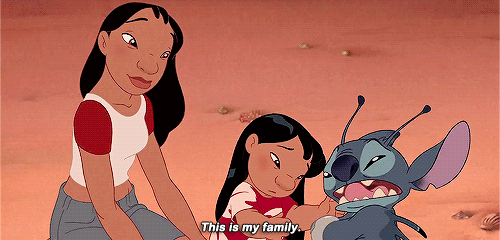
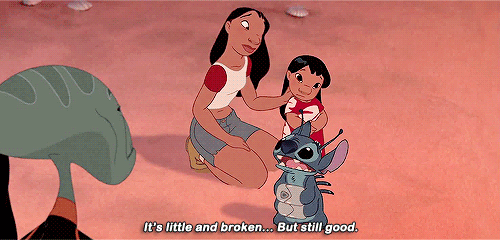
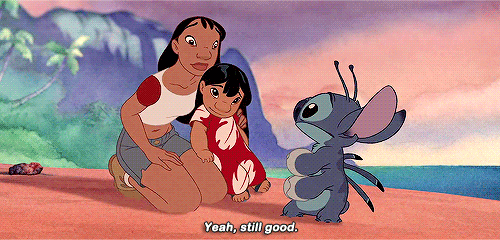
Merry Christmas, y’all.
 Wednesday, December 7, 2016 at 12:10PM
Wednesday, December 7, 2016 at 12:10PM 